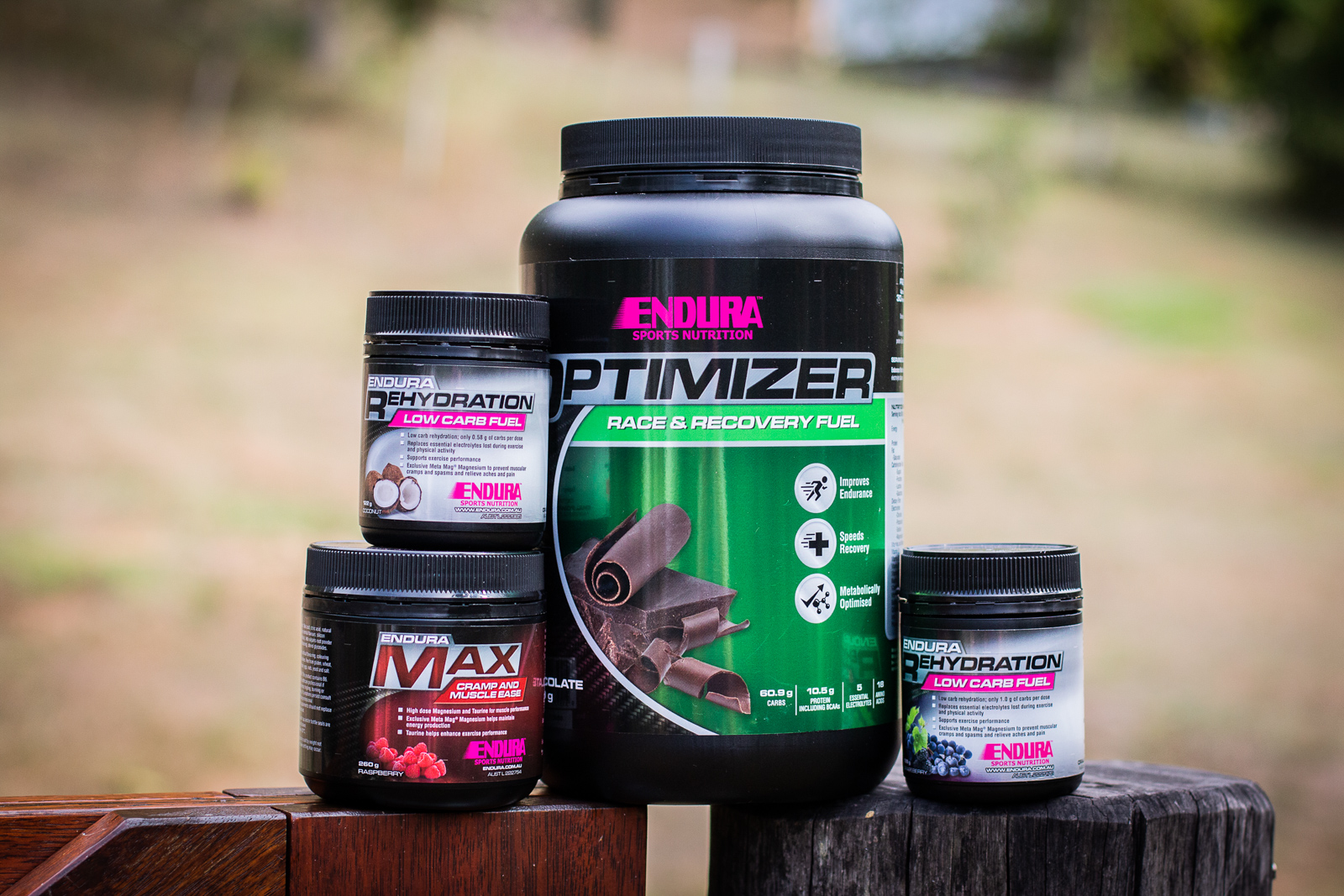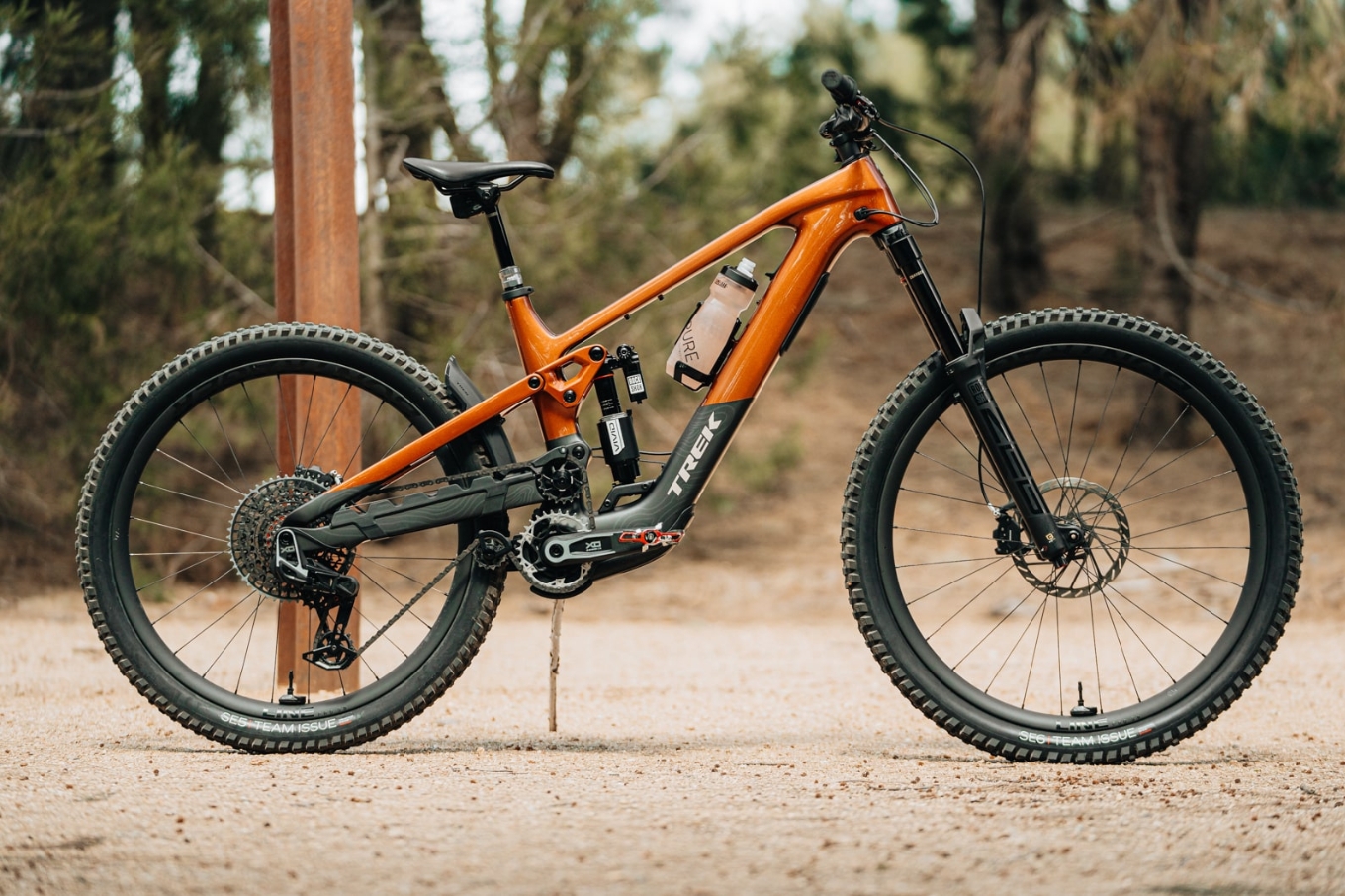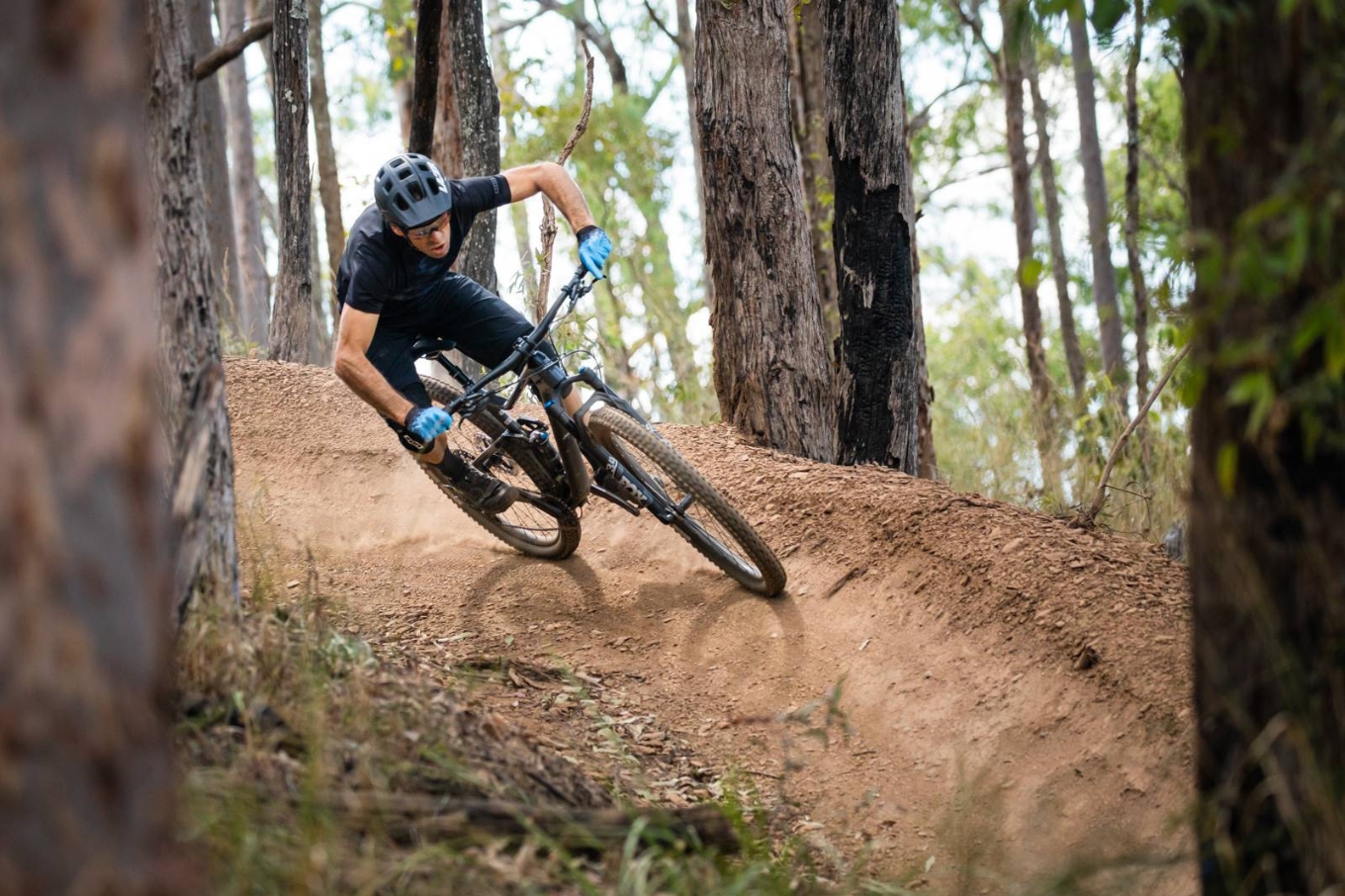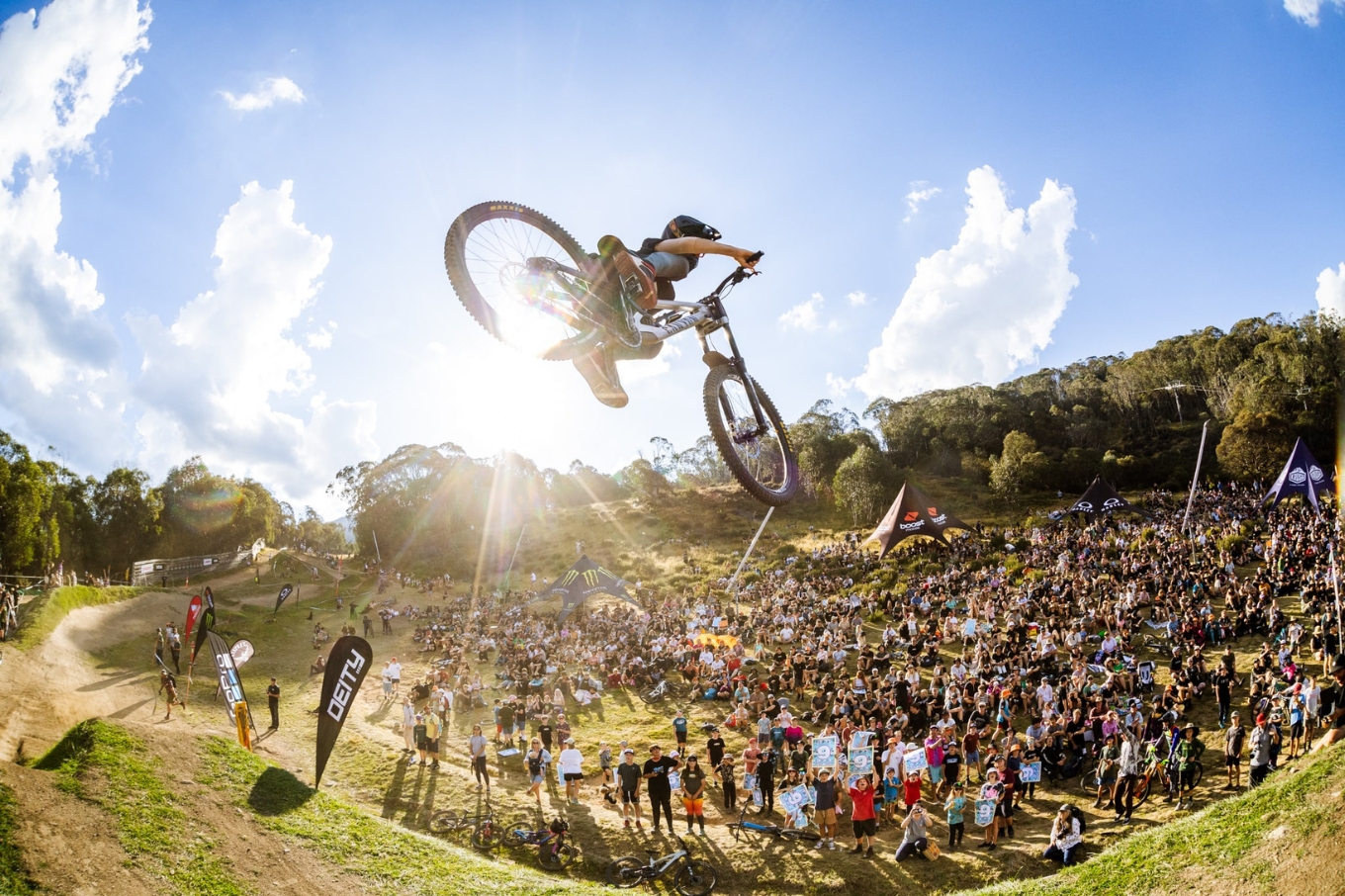Nutrition: Three nutrition supplements that actually work
The sports supplements industry is booming, with endless products promising to make us fitter, faster and stronger. But which are actually worth taking?
Words: Zoe Wilson
Photos: Tim Bardsley-Smith
The sports supplements industry in Australia is worth close to $1.5 billion a year. Protein powders, sports food, pre-workout and more are all available to try in an instant. The use of supplements to improve performance on the bike comes with potential benefits and risks and before you take anything you need to know if it’s actually worth it.
Before turning to supplements, it’s important to focus on diet. Think of your everyday diet as a cake that needs to provide all the nutrients needed to support training. Supplements can then be the icing on the cake. If you’re ready for the icing, before you start taking a performance-boosting supplement, three questions need to be answered:
- Is it safe?
- Is it allowed in sport?
- Is there evidence it will improve performance?
In good news, changes to legislation by the Therapeutic Goods Association in November 2020 has made answering these questions easier to navigate. Prior to this the TGA reported that 19% of supplement products sold in Australia contained substances banned in sport, with one study showing that 16% of sampled products contained substances banned under the World Anti-Doping Code that were not declared on the label.
According to the AIS Supplement Framework, Group A supplements have strong scientific evidence for use using evidence-based protocols and are permitted by Sport Integrity Australia. In other words, Group A supplements answer yes to all three questions. Group A supplements include sports food (think gels, bars and sports drinks), medical supplements and performance supplements.
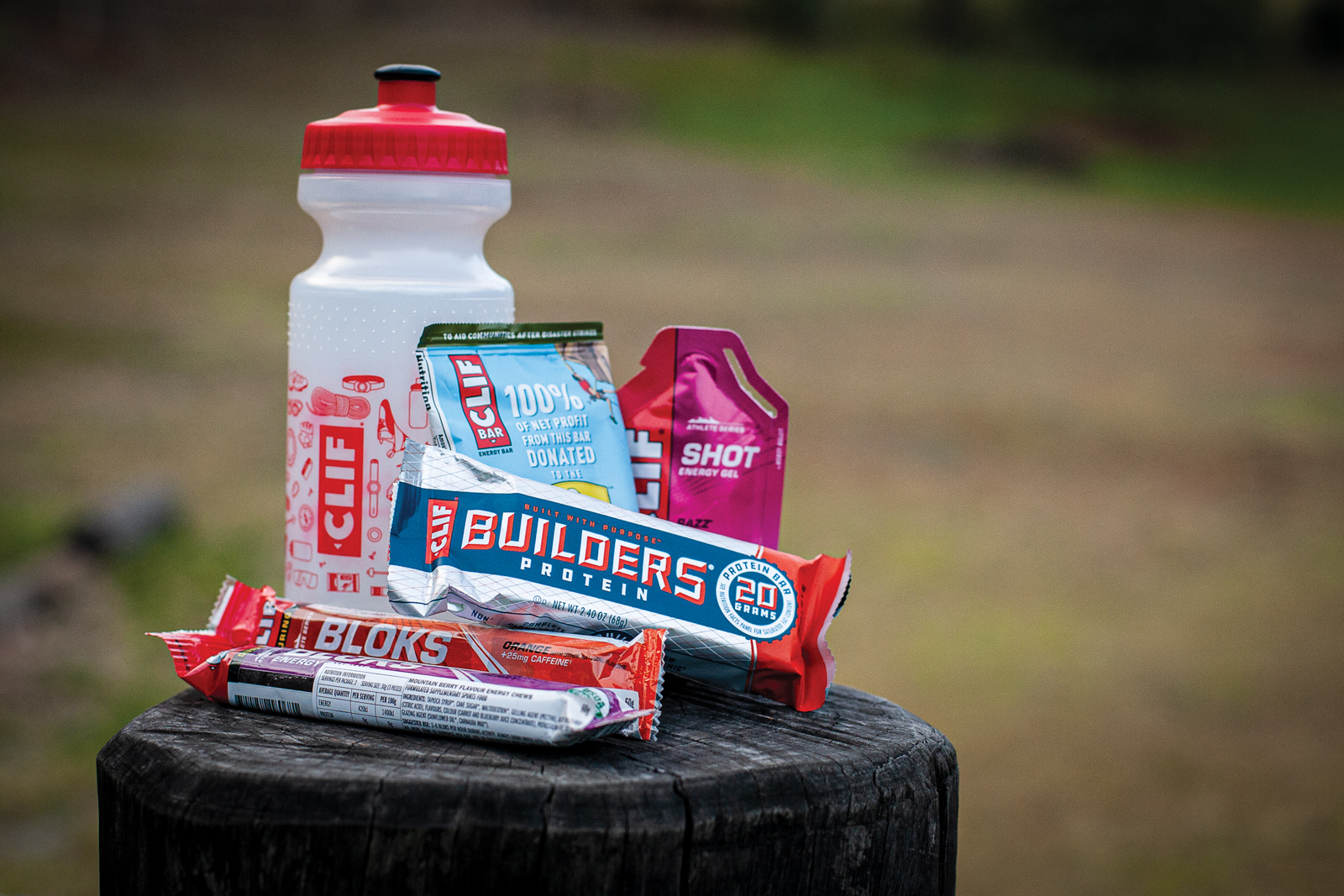
For mountain bike riders, the following Group A supplements may well be worth a look. For best results though, talk to an Accredited Sports Dietitian who can help to personalise what may work for you and how and when to use it.
Nutrient Supplements:
Vitamin and mineral deficiencies such as iron and vitamin D can have a negative impact on performance. For example, vitamin D deficiency impairs the immune system and iron deficiency leads to anaemia which impact training. Supplementing to correct deficiencies and support the immune system can therefore help improve performance indirectly by maximising training. To diagnose a deficiency you’ll need a blood test so talk to your GP and Sports Dietitian to figure out if a nutrient supplement may be for you.
Caffeine:
The good old cup of coffee really can improve performance. Caffeine is well-researched and proven to have benefits for both endurance, interval and sprint-based sports. Caffeine works by acting on the central nervous system to reduce the perception of effort during exercise. In short, caffeine makes pushing those pedals feel easier so you can go harder for longer before hitting the wall.
The IOC Consensus Statement on Dietary Supplements reports caffeine taken 50-60 minutes prior to short-term high intensity efforts and repeated sprints improved time, average power output and peak power output by more than 3%. For endurance events, taking caffeine during exercise (after 15-80 minutes of activity) improved time trial time by 3-7%.
So how much does the trick? Sports Dietitians Australia recommends a dose of 1-3mg caffeine per kilogram of body weight taken prior to short-term, high intensity efforts or during endurance sessions (i.e. 70-210mg for a 70kg athlete). Caffeine-containing beverages typically contain 30-120mg of caffeine, but this varies widely between products and brands so it’s best to check the labels.
Before you jump right in and use caffeine in your next race, practice in training and work with a Sports Dietitian to figure out the ideal dose and timing for you. This will help to minimise any side effects of the caffeine such as nausea, GI upset, anxiety, insomnia and restlessness – not ideal during a race or after!

Beetroot juice:
Beetroot juice is a concentrated form of nitrate (NO3) which is converted to Nitric Oxide (NO) once eaten. There is good evidence to support the use of nitrate for both endurance exercise and high-intensity, short efforts. Nitric Oxide (NO) increases the efficiency of muscles to use oxygen, therefore reducing the energy cost of endurance exercise. This means you can exercise at higher intensity for the same level of effort. The IOC Consensus Statement on Dietary Supplements reports significant improvements of 4-25% in time to exhaustion during a time trial.
Keen on more nutrition articles? Click here.

